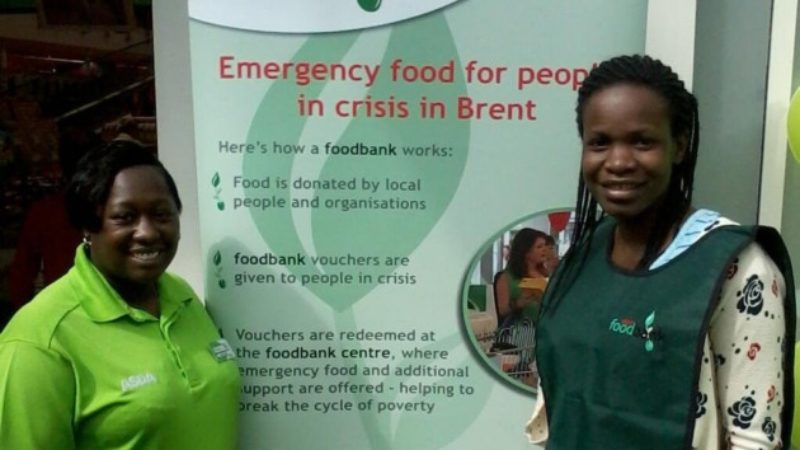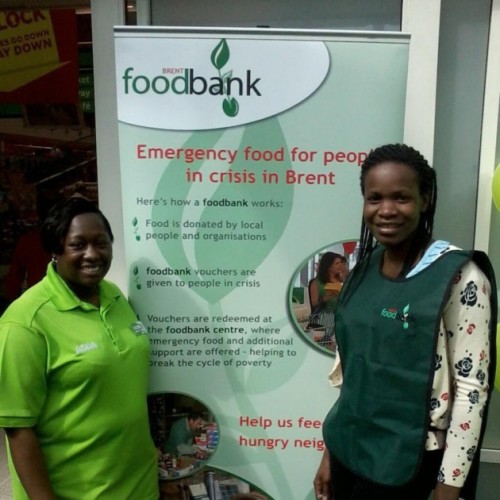
New figures show that more than 63,300 Londoners were fed by a Trussell Trust food bank in the eight months between April 2013 and January 2014. With four months of the financial year still to run, this already represents a near 400% increase compared to two years ago (2011/12), when 12,839 people visited a Trussell Trust food bank in London.
The extent of food poverty in the UK, and in the sixth wealthiest city worldwide and its continued growth is a national embarrassment. No statistic better demonstrates the extent to which London is an increasingly polarised city.
Despite the global turmoil caused by failures in the financial services sector, London – in terms of output – has in general terms appeared to weather the economic storm better than the rest of the country. However, this masks growing poverty affecting increasing numbers of individuals. Welfare changes have hit low-income Londoners particularly hard, wages have declined and the number of people living on poverty-pay has increased. Last year, 600,000 people worked in jobs paying less than the London Living Wage. This compares unfavourably with the 420,000 who did so the year before Boris Johnson was elected Mayor in 2008. At the same time, 650,000 London children live in poverty, a figure 12% higher than the national average.

With poverty on the rise, and the speed of the changes to welfare leaving many unable to cope, it is no wonder we are seeing an increase in the number of people fed by food banks. Contrary to popular misconceptions, it is generally only people who are referred by a registered agency can access food banks. The rise in food bank usage is directly correlated to increasing poverty.
Yet, despite this growing crisis, Boris Johnson has this week presented a Draft Budget to the London Assembly that cuts the funding for his work on food poverty by 11%. This is unacceptable at a time of growing crisis and goes counter to his stated commitment to make London a Zero Hunger City following a report I authored last year which got cross party support on the London Assembly.
As well as reversing this proposed cut, the Mayor could be going a lot further to help those suffering from, and at risk of, food poverty. Last week I presented the Mayor with a fully-costed plan to help parents with the cost of food by extending the government’s free school meals for infant school children to all primary school children. I also proposed extra funding for his team to increase take-up of the London Living Wage to combat poverty pay.
This is in addition to a raft of policy initiatives that should be delivered across London to improve the response to this crisis of hunger, which I set out in a report (pdf) (‘A Zero Hunger City: Tackling food poverty in London’) I published last year.
While food poverty is a nationally disgrace, it is not an insurmountable challenge to overcome. There is enough food and money to go round and with the right amount of political will, the prospect of a ‘zero hunger’ London could be a reality if not in this Mayoralty then in the Labour one that we must hope will follow.
Fiona Twycross AM is the London Assembly Labour Group Economy Spokesperson




More from LabourList
SPONSORED: ‘Industrial hemp and the challenge of turning Labour’s priorities into practice’
‘A day is a long time in politics, so we need ‘action this day’’
Strong support for child social media ban among Labour members, poll reveals